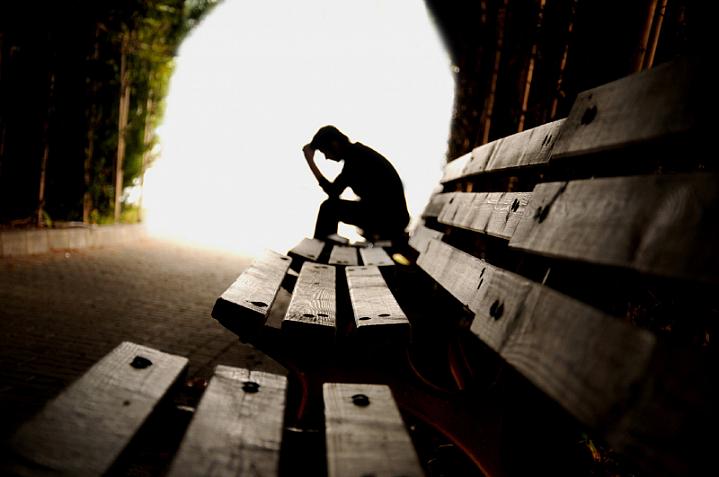Health Capsule
Depression Symptoms and Treatment
 Depression can cause severe symptoms that affect how you feel, think, and handle daily activities. hikrcn/iStock/Thinkstock
Depression can cause severe symptoms that affect how you feel, think, and handle daily activities. hikrcn/iStock/ThinkstockMost adults with depression might not be receiving treatment, a new study suggests. And many who do undergo treatment might not have the disorder. These findings highlight the need to deliver appropriate care for depression.
Depression is a serious and common mood disorder. Symptoms include feelings of hopelessness, reduced energy, and loss of interest in hobbies or activities. Major depression is typically treated with medications, psychotherapy, or a combination. Antidepressants are the most commonly prescribed class of medications in the U.S. Still, some studies have found that many adults with depression don’t receive treatment.
To learn more about depression therapy nationwide, NIH-funded researchers analyzed data from more than 46,000 adults who completed a questionnaire to screen for depression. Participants also answered questions about their psychological distress and depression treatment.
The scientists found that about 8% of the adults screened positive for depression. But more than two-thirds of them hadn’t received treatment during the survey year.
In addition, about 8% of participants were treated for depression. Of those treated, only 30% screened positive for depression and 22% for serious psychological distress. Thus, many people were treated who screened negative for depression and weren’t in serious distress.
“Greater clinical focus is needed on depression severity to align depression care with each patient’s needs,” says study leader Dr. Mark Olfson.
NIH Office of Communications and Public Liaison
Building 31, Room 5B52
Bethesda, MD 20892-2094
nihnewsinhealth@od.nih.gov
Tel: 301-451-8224
Editor: Harrison Wein, Ph.D.
Managing Editor: Tianna Hicklin, Ph.D.
Illustrator: Alan Defibaugh
Attention Editors: Reprint our articles and illustrations in your own publication. Our material is not copyrighted. Please acknowledge NIH News in Health as the source and send us a copy.
For more consumer health news and information, visit health.nih.gov.
For wellness toolkits, visit www.nih.gov/wellnesstoolkits.



